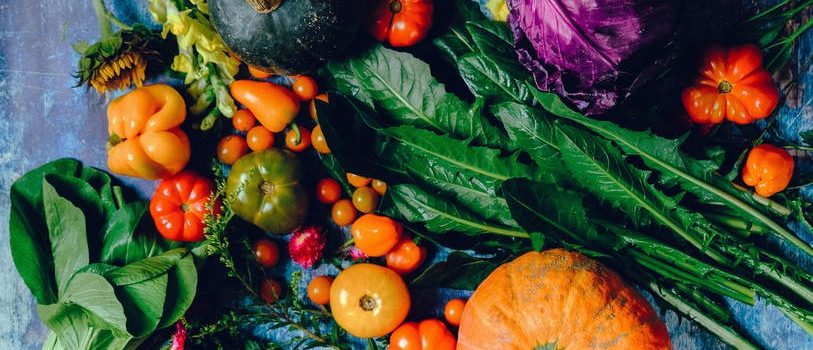
Organic gardening is a widely accessible, eminently satisfying pastime. Yet for someone who is just a novice, gardening can be a really intimidating thing to think about. The question is, what can a beginner do to become knowledgeable on organic gardening? Read the advice provided in this article!
If you want your children to enjoy your organic garden, plant some tasty strawberries. Your children will enjoy being able to pick strawberries and will be ready to help you if they can get something sweet to eat.
Try to put an aspirin in the water to get rid of plant diseases. You will need 2 gallons of water and one and one half aspirin mixed together for a wonderful add-on to your plants. You can easily spray the plans with this concoction to help them fight of disease. Spraying should be one time every three weeks.
Preparing the soil for your perennial garden is easy. Simple slice into the soil with a spade, flip the turf, and mulch the area with 3 to 4 inches of wood chips. Wait two weeks or so, and then you are ready to jump right in with digging and planting.
When working in the garden, try to work as efficiently as possible. Do not spend half an hour looking everywhere for a tool. By keeping your tools in a certain area, they will always be ready whenever you are. Get a tool belt if you need to, or a pair of pants with a lot of pockets.
Coffee Grounds
Mix used coffee grounds into your soil. Coffee grounds are full of nitrogenous nutrients that growing plants need. Many times, nitrogen is a limiting nutrient in soils. Adding coffee grounds or compost can add nitrogen to your soils will help your plants grow tall and healthy.
Procrastination leads to problems in a variety of areas, including organic gardening. There are certain little things to help you keep up with your garden, even if you don’t have the necessary time each day to do everything. Even if you’re just taking the dog for a walk, bend down and pick a few weeds.
Compost Pile
When developing your compost pile, use equal measures of dried and green material. Green plant material consists of spent flowers, veggie and fruit waste, leaves, weeds, and grass clippings. Paper and straw are dry plant materials. Charcoal, meat, ashes or other diseased plants should not be included in a compost pile.
When you are growing seedlings in your organic garden, lightly brush over them using your hand up to twice a day. While it seems a little odd, it has been reported that this can encourage plant growth.
You can make a raised bed with untreated wood, brick, or stone. Be sure that any wood you use isn’t chemically treated, and will be able to resist rot naturally. Some great choices to choose from are cedar, locust and cypress. Do not use treated wood in your vegetable garden. If you must use treated wood, create a barrier, such as with plastic sheet.
If you’re planning on selling crops to people and labeling them as organic, you will need to receive an organic gardening certification. This will not only increase sales, but it will demonstrate to your customers that your products are legitimate and that you are doing what it takes to grow the best crops.
Now that you have read this article, you know why organic gardening is such a fun activity. Gardening can be an immensely rewarding hobby. By applying the advice and insights of this article, you can garden as good as the professionals.
